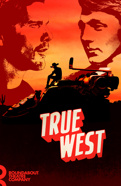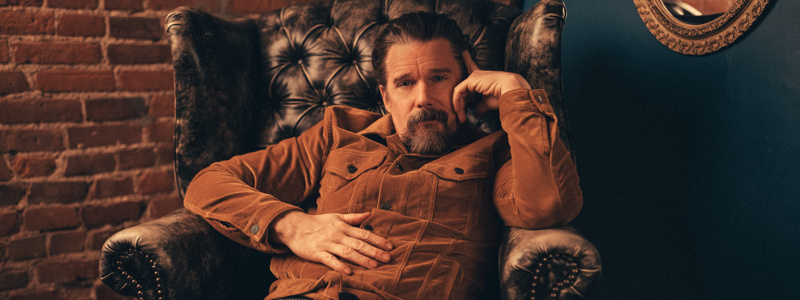
(Photo by Caitlin McNaney for Broadway.com)
True West Star Ethan Hawke on Headlining the Play He's Had in His Back Pocket Since the Age of 14

When Ethan Hawke was 14, his mother let him stay up late to watch the American Playhouse presentation of Sam Shepard’s True West, a filmed performance of original stars John Malkovich and Gary Sinise as brothers locked in a psychological battle. “It really lit a fire inside me,” Hawke says. “Over the years, I got a copy of that tape and watched it over and over again. It was like listening to wolves howling outside your door; I wanted to be a part of that.” Hawke followed that howling to a prolific career in film and theater, and along the way, he had a long relationship with Shepard’s work as an actor and a director—and also with the man himself.
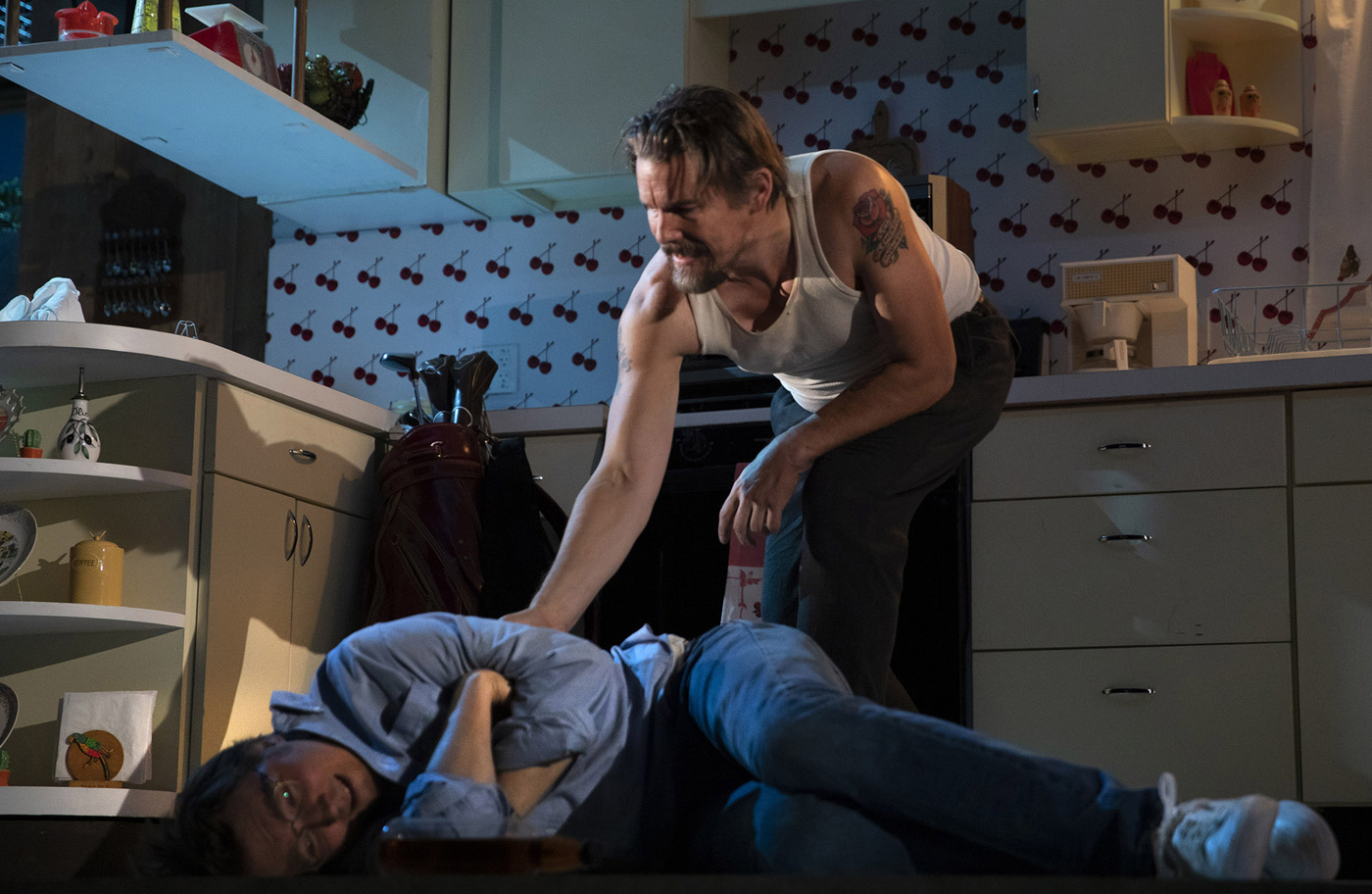
A Pulitzer Prize-winning playwright and Oscar-nominated actor, Shepard died in the summer of 2017 at the age of 73 from complications of ALS. He is perhaps most widely remembered for his numerous (over 50) works for the stage and the many ways he grappled with iconic and mythical imagery of American archetypes. His 1980 play True West is a prime example of those themes.
Hawke appeared in high-profile productions Shepard’s works Buried Child and The Late Henry Moss, and he directed a major off-Broadway production of A Lie of the Mind. He also co-starred in two films with Shepard: Snow Falling on Cedars and Hamlet. Now, 34 years after staying up past his bedtime to watch True West on TV, Hawke is starring in a new production of Shepard’s seminal play on Broadway as the pugnacious and intense older brother Lee. “It's the last production, I believe, that has his DNA in it.”
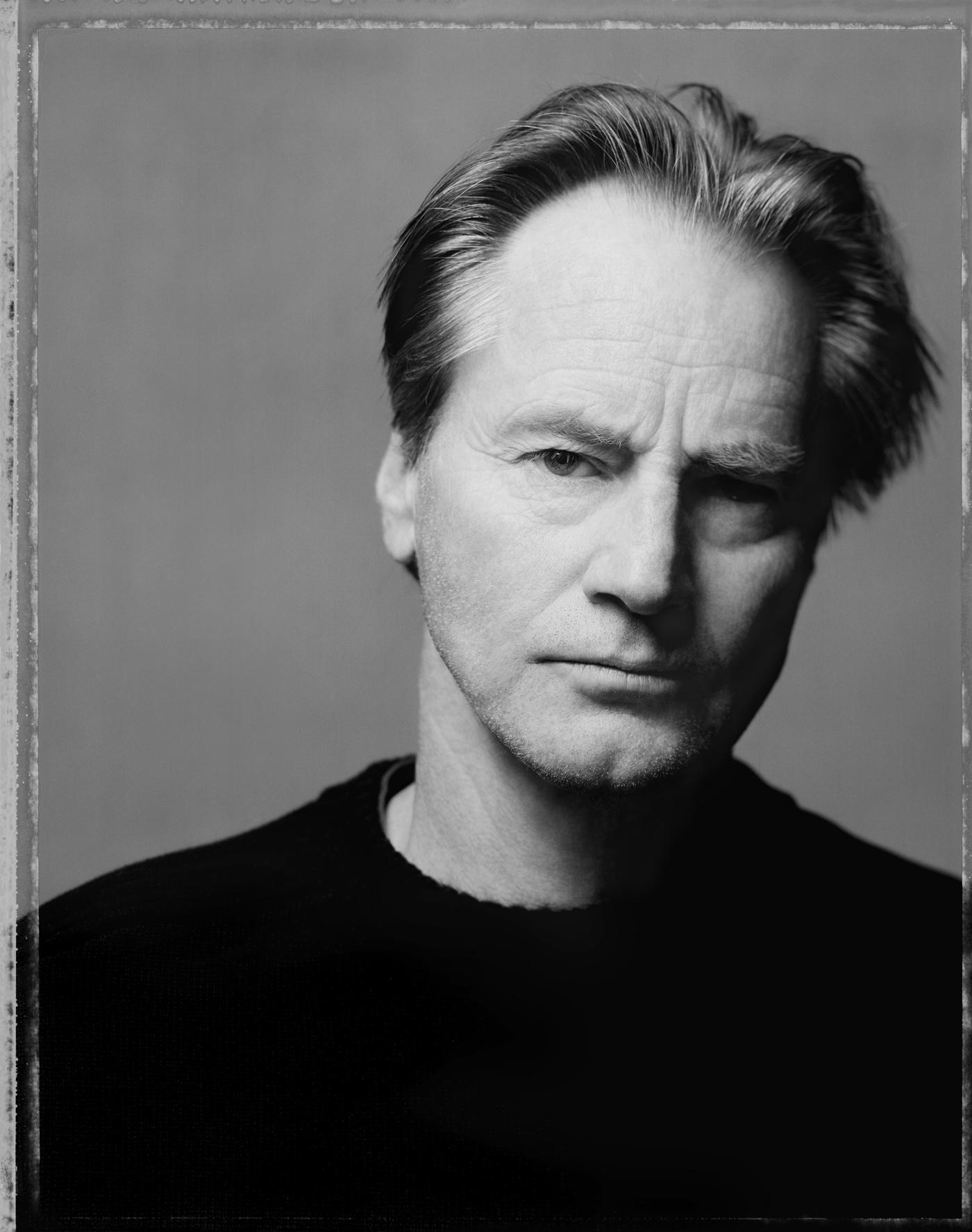
Hawke believed his opportunity to do the play had passed when the first Broadway production (starring Philip Seymour Hoffman and John C. Reilly) bowed in 2000. The actors in that version famously alternated roles throughout the run. “I auditioned for that production,” Hawke says, “and when I didn't get that part, I thought, ‘Oh, there goes True West for me.’ My generation’s True West.” Years later, when he was contacted for the current production, he was surprised. “I was kind of shocked to get the call,” he remembers. “I thought, ‘Aren't I too old for that?’ And then Sam reminded me that when it was originally done, my character is supposed to be in his 40s, and Austin (played by Paul Dano in this production) is supposed to be his 30s. By the time I met James McDonald, who was the director Sam hired, Sam had died. It was no longer a conversation about whether I was the right person to do it. I felt like I had to do it.”
There are many eras to Ethan Hawke’s career. He became a young celebrity with the breakout hit Dead Poet’s Society in 1989, gained abundant attention as the ultimate Gen X slacker in 1993’s Reality Bites and went on to a wide array of projects as an actor, novelist, screenwriter and director. He garnered two Oscar nominations for acting (in 2002 for Training Day and in 2015 for Boyhood) and two for writing adapted screenplays (in 2005 for Before Sunset and in 2014 for Before Midnight) as well as a Tony nomination in 2007 for The Coast of Utopia. There is one recurring through line in his career, however, his consistent return to the stage.
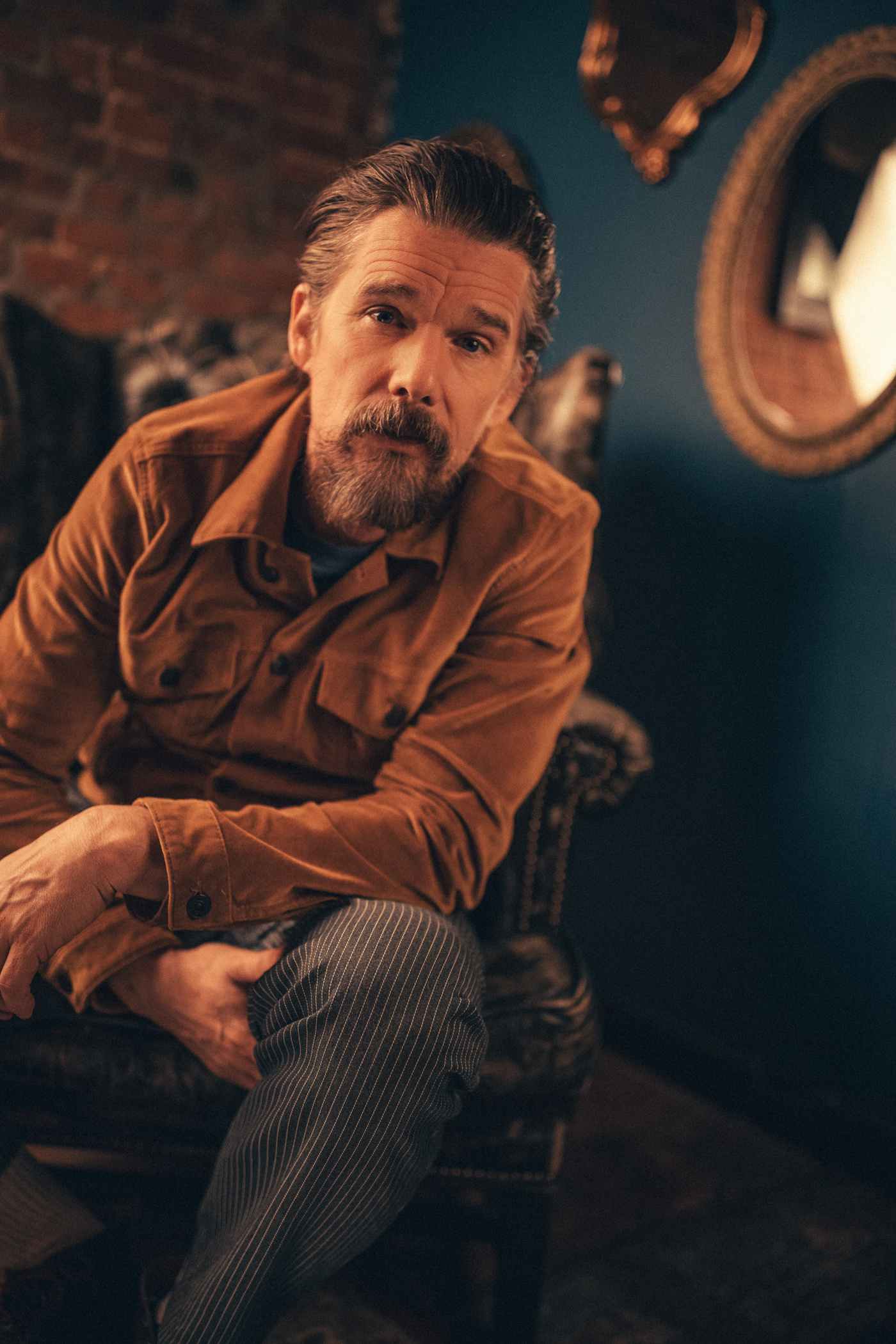
(Photo by Caitlin McNaney for Broadway.com)
“I like to work,” Hawke says. “Work begets work, and I think that there's nothing more exciting than being around really creative, interesting people. I like it. Because I have so many interests, if I wasn't interested in theater, then I would work less because I'd want a break from the movies. Well, I get to have a break from the movies by doing theater.”
In the last year alone, Hawke has won acclaim for Paul Schrader’s First Reformed, the romantic comedy Juliet, Naked and his passion project Blaze, which he wrote, directed and produced. All the while, he knew he’d be coming back to the stage in True West.
“When I work on Sam Shepard, I'm not nervous that there are like a lot of other people that know more about this play than I do,” Hawke says. “I don't know much about many things, you know, but this—I've been carrying this play around with me in my back pocket since I was 14.”
